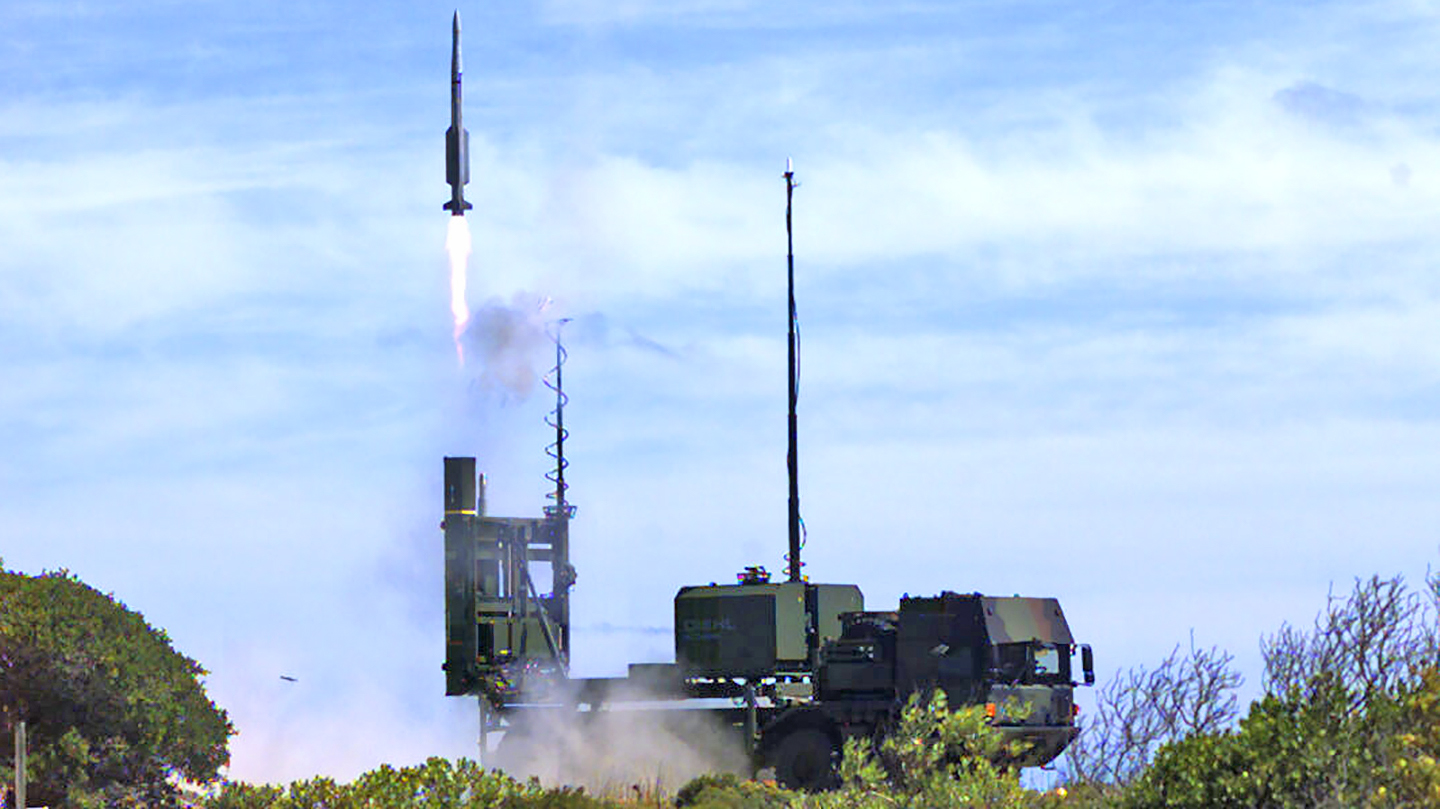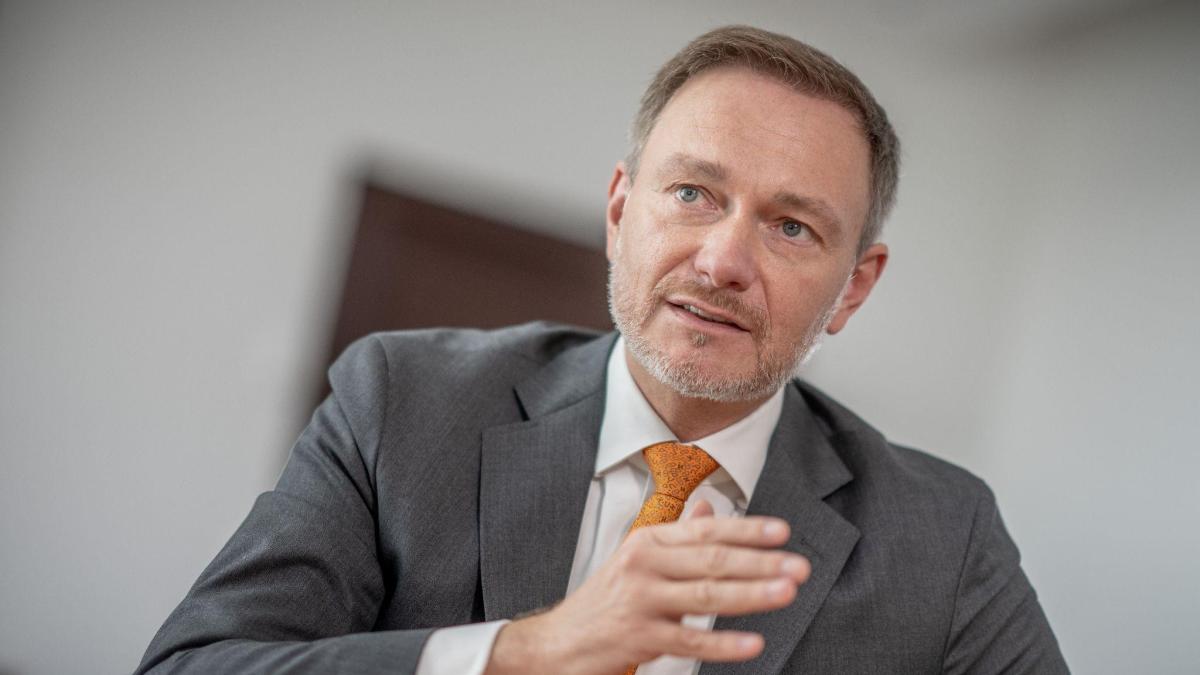Germany remains committed to supporting Ukraine, even as financial constraints loom large in the federal budget.
The German government has reiterated its dedication to aiding Ukraine in its fight against Russian aggression, despite a planned reduction in direct bilateral assistance. “Germany remains absolutely committed, and the Chancellor’s word holds: support for Ukraine will continue as long as necessary, and no one, especially the Russian president, can hope that we will relent,” emphasized Deputy Government Spokesman Wolfgang Büchner in Berlin.
However, part of Germany’s existing bilateral aid will be shifted to multilateral support, a move that carries some uncertainty, as international plans have yet to be fully secured. Chancellor Olaf Scholz assured that this shift would still enable Ukraine to acquire significant quantities of weapons. “Ukraine can rely on this,” Scholz stated confidently.

Uncertainty surrounds Germany’s future support for Ukraine
Germany’s future support for Ukraine in the coming year remains uncertain, particularly in terms of how much military aid will be provided. Germany is the second-largest financial supporter of Ukraine, following the United States. The German coalition government has allocated approximately €7.5 billion this year for military assistance, known as “Ertüchtigung.” However, it is already clear that this budget was tight: according to the Ministry of Defense, almost all of it has already been spent or allocated.
There is debate over whether more funds will be needed this year. According to a report by Der Spiegel, Defense Minister Boris Pistorius (SPD) informally requested an additional nearly €4 billion weeks ago. A spokesman for his ministry declined to comment on this request, and the Ministry of Finance stated that no official request for additional funds had been made.
For the coming year, the federal budget currently includes only €4 billion in military aid. This amount was initially set for the 2024 budget but was later increased by the Bundestag. However, budget planners see no room for such an increase in 2025 due to the tight financial plan.
Finance Ministry insists on strict budget adherence
Finance Minister Christian Lindner (FDP) issued a stern warning to Pistorius and Foreign Minister Annalena Baerbock (Greens) in a letter, stating that new measures requiring future financial commitments should only be undertaken if “funding is secured in the budget plans.” Lindner expects that “the budget caps will be strictly adhered to.”
The Finance Ministry later added that they could quickly assess whether additional funds were possible, but any request would need to be “concretely reported and verifiable” before the Bundestag could be asked for more money.

New but uncertain funding source for Ukraine
The planned reduction in bilateral support does not necessarily mean less aid for Ukraine, according to the calculations of the Chancellor’s Office and the Ministry of Finance. Western industrialized nations are currently working on a new financing concept for Ukraine, which is still under development. Next year, Ukraine is expected to receive a $50 billion loan, with interest and repayments to be covered by the proceeds from frozen Russian state assets. Since Russia’s invasion of Ukraine, approximately $280 billion (€260 billion) in Russian central bank assets have been frozen in Western countries, according to the U.S. government. The majority of these funds, around €210 billion, are held within the European Union, according to the European Commission. These frozen assets generate billions in annual interest.
The problem is that talks regarding this loan project have been ongoing for months, but nothing has been finalized yet. “We expect this to be completed by the end of 2024,” the German government stated. However, Ukraine cannot yet count on this money, and the Kremlin views the use of these funds as expropriation.
“There will likely be new financing—I would say probably,” Vice Chancellor Robert Habeck (Greens) remarked during an event in Hamburg. He explained that Ukraine would not receive free weapons but would receive funds to purchase weapons. While he considered this approach acceptable, Habeck warned that the transition should not result in a months-long interruption of support.
Government faces criticism over Ukraine support strategy
The German government’s approach has faced strong criticism, even within the ruling coalition. Michael Roth, Chairman of the Bundestag’s Foreign Affairs Committee and a Social Democrat, described the government’s actions as sending a fatal signal to Ukraine in an interview with the Funke Media Group. He argued that the $50 billion loan was far from sufficient.
Numerous members of the Green Party base criticized in an open letter that it appeared “as though the German debt brake is more important than the life and survival of an attacked European nation.” The letter, first reported by Der Tagesspiegel, urged the Green Party leadership, ministers, and Bundestag faction to ensure that Germany fully meets its commitments to Ukraine.
Federal President Frank-Walter Steinmeier also spoke out unusually strongly on the matter, stating, “I expect Germany to remain a major, if not the largest, European supporter of Ukraine,” during a visit to Hungary.
In an effort to reassure, the German government updated its list of military equipment deliveries to Ukraine. By the end of the year, four Iris-T air defense systems with varying ranges are expected to be delivered, Büchner announced. Additionally, ten Gepard anti-aircraft tanks, 16 howitzers, ten Leopard tanks, combat drones, and several thousand rounds of artillery and tank ammunition will be provided.
For next year, Germany has pledged more than 20 howitzers, 20 Marder infantry fighting vehicles, 37 Leopard tanks, five Gepard anti-aircraft tanks, six additional IRIS-T systems, and several thousand rounds of artillery and tank ammunition to Ukraine. “Therefore, there is no message from the government indicating that support will be reduced or otherwise restricted,” Büchner concluded.








